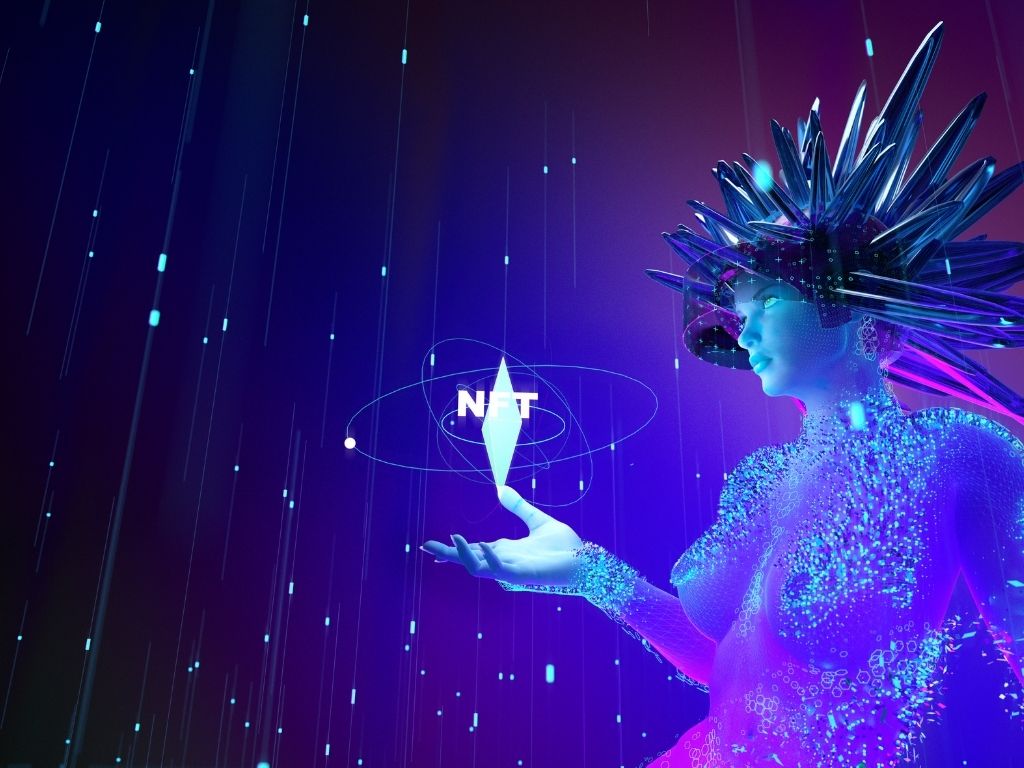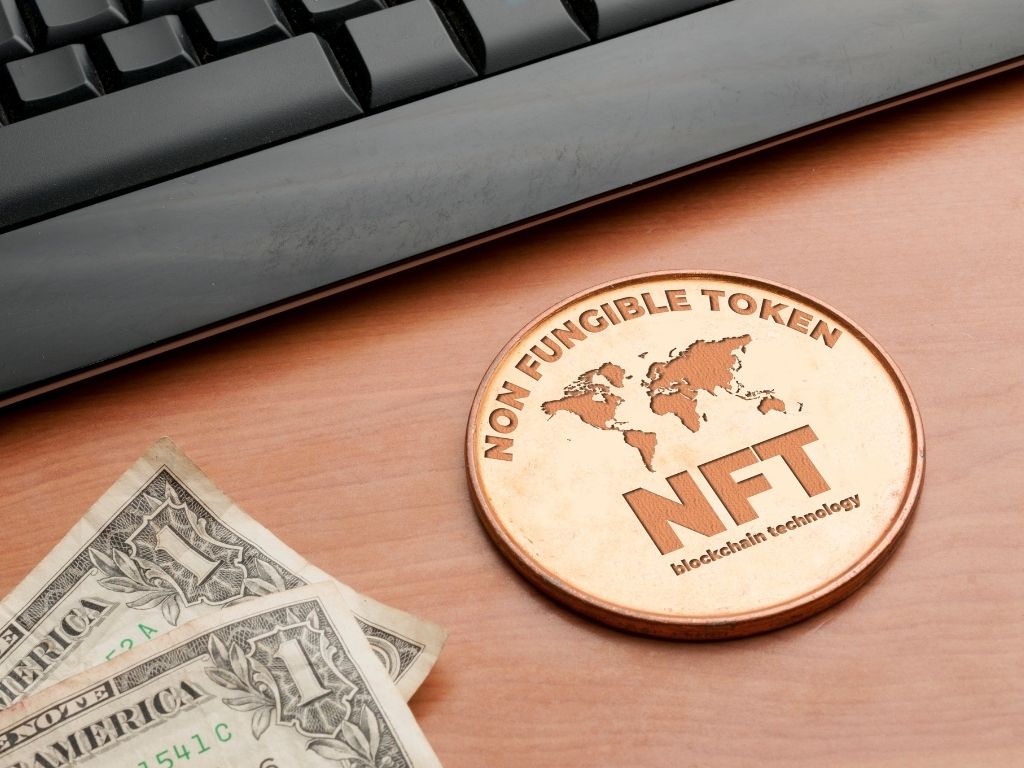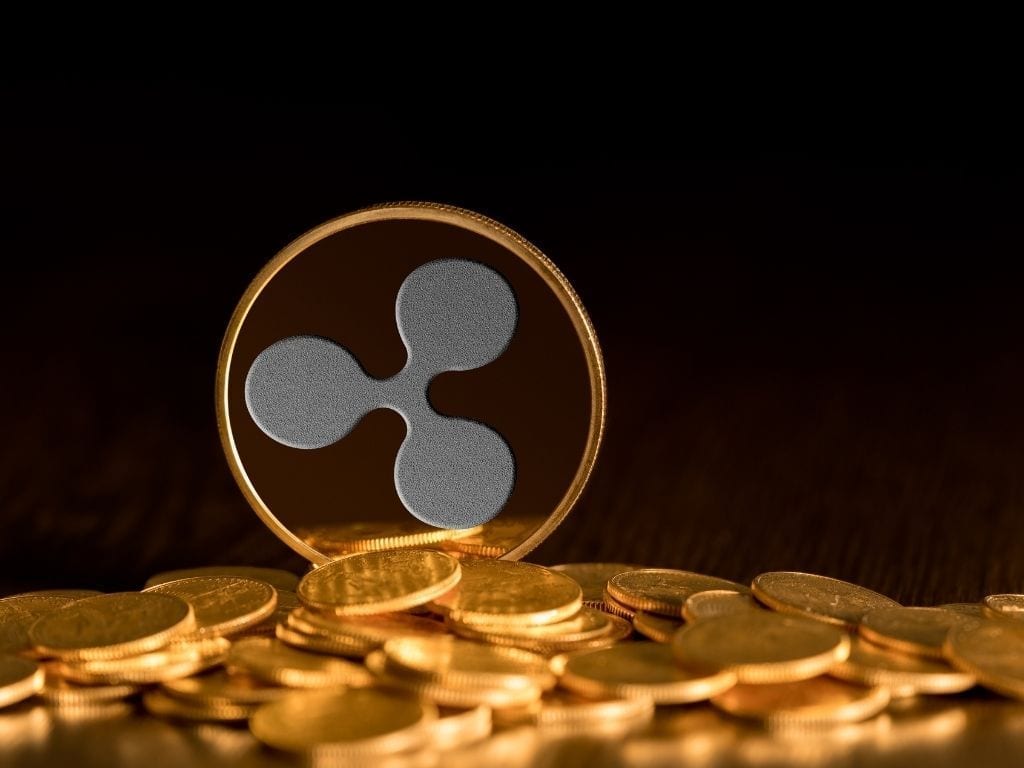Is Your NFT Really Secured by Global Intellectual Property Law
It is an indisputable fact that NFTs are everywhere, but the genuine concern is how does NFTs fit into existing regulations.
What is all being Sold?
I sold a pair of tweets the other day. This isn’t a sentence I would have predicted a year ago, but here we are. Non-fungible tokens (NFTs) have exploded in popularity in recent weeks. NFTs have been created by one of my favorite singers; the Associated Press is selling one. The National Basketball Association has made headlines selling NFTs, and hackers are even trying to sell 0-day exploits as NFTs.
NFT Explained In 5 Minutes – Non-Fungible Token
Why does it matter?
NFTs are gaining traction, but it’s unclear how they’ll fit into the legal and regulatory frameworks that control the banking, technological, and cryptocurrency industries. Because NFTs are not the same as initial coin offerings (ICOs), they cannot be classified as a security. While rules govern the conduct of NFT operations, it is critical to guarantee that consumers are informed of their actions.
Let us Break it Down –
Digital collectibles, or NFTs, are a type of NFT. They can symbolize things (such as tweets, real estate, and other tangible assets) or be the items themselves (like art). Their value proposition is that they are digitally unique and reside on a blockchain (Ethereum). While everyone can copy and download video clips or image files, an NFT has a record indicating it only has one owner.
To be clear, the image file recorded in an NFT can still be downloaded. If you sell a tweet, it will be available to everyone on Twitter. In that sense, you’re buying a digitally authenticated note rather than the tweet itself. They’re similar to autographed football cards. You can print as many copies as you like, but it will most likely be the card with the most value if the player only signs one. An autographed Tom Brady card, for example, recently sold for $1.32 million.
According to Carlton Fields ‘ Andrew Hinkes, we may only be scratching the surface of what NFTs can do. An NFT, at its most basic level, may recognize a unique financial asset, which can lead to new efficiency in present activities.
One example is land ownership: at the moment, people rely on land registries kept by third parties, such as a government agency, to prove that they own a piece of land. An NFT, according to Hinkes, might be used to represent that land, allowing an individual to verify ownership using a cryptographically safe and signed digital token. Fabrica’s Daniel Rollingher, a real estate attorney, pointed out that real estate NFTs may force users to borrow from lenders, requiring NFT issuers to adhere to consumer protection and disclosure requirements.
Also, read – You Don’t Want to Miss These NFT Drops in 2022
Consumer Protection
One of the problems with NFTs, according to Donna Redel, a board member of the New York Angels and an adjunct professor at Fordham Law, is that many consumers may have no idea what they’re buying. Furthermore, NFTs pose further problems concerning who is doing know-your-customer/anti-money laundering processes, registering the sale of an NFT, and what rights buyers have.
“I’m not sure the artists understand their rights and obligations, both under the contract and in the larger, more legal world,” she said. “I expect to see more stuff like [NBA] Top Shot, which is a walled garden,” says the author.
According to Andrew Jacobson of Seward and Kissel, NFTs are becoming increasingly popular with a younger, less educated audience.
Copyright and Intellectual Property
According to Nelson Rosario, one of the founders of Smolinski Rosario Law, the concern is whether consumers’ perceptions of what they bought match the legal reality. Sellers and prominent companies that are jumping on the trend suffer the same problem.
Sellers must also ensure that the NFT they sell contains the same material they wish to sell, unlike other digital files, and NFT cannot be easily altered once recorded on a blockchain. “You can’t change anything; there’s no going back.” You can issue a second token, but the original NFT will remain in circulation, so you must appreciate and be aware of any potential risks,” Rosario stated.
There are also concerns regarding how NFTs might interact with current copyright legislation. “There’s nobody serious about NFTs who humors the idea that what you’re selling is the copyright or the master,” Mike Shinoda, one of Linkin Park’s founding musicians, told Input Magazine, implying that the artists retain the copyright while selling some form of licensed content to buyers.
While musicians and artists who mint NFTs of their work are likely to be aware of their rights, anyone can mint NFTs of outcomes they did not produce. “I’m curious if the current NFT platforms on the market have policies and processes in place to cope with that possibility,” Rosario said. “What if someone on OpenSea produced a bunch of Mickey Mouse-related NFTs, and then Walt Disney lawyers contacted the platform?”
Counterfeiting
Many NFTs represent real-world objects, which Alberts believes increases the risk of the link between the real-world object and the NFT which means it is broken.
“The real thing that may happen is that you sell something on a website and claim it’s an NFT that exists on a blockchain, and you’re simply lying, and that’s fake. But, unfortunately, most consumers would have no means of knowing whether that’s genuine or fake because they’re not sophisticated enough to check,” he said. “The goods might either not be an NFT at all, simply a cool-looking image, or an NFT that is linked to a different blockchain.”
Tax Laws
NFTs could run afoul of securities regulations, but this appears to be less likely than some of the other regulatory systems with which they interact. According to Alberts, people who purchase an NFT with the assumption that it will increase in value may sue the developer if the NFT instead decreases in value. “I believe it is comparable in that there is a lot of public demand, but traditional securities, sanctions, and commodities law will have to be applied. It’s a different product, so it’s simply another item for regulators to consider,” Jacobson said. “Does pricing transparency exist, as well as a secondary market?”
Buyers of NFTs may also have to cope with various tax systems in different jurisdictions. According to Redel, when NFTs are compared to art, the buyer usually has to cope with this issue. “Who is in charge of collecting sales tax? Someone needs to pay sales tax when you buy $4.6 million worth of art, and it’s the buyer’s responsibility,” she explained.
Digital Dollar
Senator Sherrod Brown (D-Ohio) wrote a letter to Federal Reserve Chairman Jerome Powell and Governor Lael Brainard last week backing the idea of a token-based digital dollar and asking the central bank to set a schedule for when it will determine whether or not to create one.
Brown stated, “Some of our overseas peers are moving swiftly to assess whether or not to deploy a central bank digital currency.” “The United States of America must follow suit. We can’t be forgotten.”
Senate involvement in any digital dollar efforts, according to David Treat, a senior managing director at Accenture and a director of the Digital Dollar Foundation, is “essential,” noting that Treasury Secretary Janet Yellen and Fed Chair Powell have both stated that modernizing the United States’ real-time payments infrastructure is a top priority.
Brown’s letter, according to Treat, might assure that the Fed gets the resources it needs to make headway on this effort. While Brown urged the Fed to commit to a definite time frame, the United States is still a long way from deciding whether or not to deploy a digital currency and even further from doing so. “When it comes to systemically essential infrastructure, you have to get it properly. It must be safe and secure, with all of a country’s basic infrastructure,” Treat explained. “It takes years to build systemically essential infrastructure.”
Stay informed with daily updates from Blockchain Magazine on Google News. Click here to follow us and mark as favorite: [Blockchain Magazine on Google News].
Get Blockchain Insights In Inbox
Stay ahead of the curve with expert analysis and market updates.
latest from tech
Disclaimer: Any post shared by a third-party agency are sponsored and Blockchain Magazine has no views on any such posts. The views and opinions expressed in this post are those of the clients and do not necessarily reflect the official policy or position of Blockchain Magazine. The information provided in this post is for informational purposes only and should not be considered as financial, investment, or professional advice. Blockchain Magazine does not endorse or promote any specific products, services, or companies mentioned in this posts. Readers are encouraged to conduct their own research and consult with a qualified professional before making any financial decisions. The featured image used is just a creative depiction of the title and it does not intend to hurt sentiments of any person or institution. If it hurts anyone sentiments, please do not hesitate to reach out to Blockchain Magazine.

 Bitcoin
Bitcoin  Ethereum
Ethereum  XRP
XRP  Tether
Tether  Solana
Solana  USDC
USDC  Dogecoin
Dogecoin  Cardano
Cardano  Lido Staked Ether
Lido Staked Ether  TRON
TRON  Wrapped Bitcoin
Wrapped Bitcoin  Chainlink
Chainlink  Wrapped stETH
Wrapped stETH  Avalanche
Avalanche  Sui
Sui  Stellar
Stellar  Litecoin
Litecoin  Toncoin
Toncoin  Shiba Inu
Shiba Inu  Hedera
Hedera  LEO Token
LEO Token  USDS
USDS  Hyperliquid
Hyperliquid  Polkadot
Polkadot  WETH
WETH  MANTRA
MANTRA  Bitcoin Cash
Bitcoin Cash  Bitget Token
Bitget Token  Ethena USDe
Ethena USDe  Wrapped eETH
Wrapped eETH  Uniswap
Uniswap  Monero
Monero  NEAR Protocol
NEAR Protocol  Pepe
Pepe  WhiteBIT Coin
WhiteBIT Coin  Ondo
Ondo  Aave
Aave  Bittensor
Bittensor  Aptos
Aptos  Dai
Dai  Internet Computer
Internet Computer  Official Trump
Official Trump  Mantle
Mantle  Ethereum Classic
Ethereum Classic  OKB
OKB  Tokenize Xchange
Tokenize Xchange  Gate
Gate  sUSDS
sUSDS  Coinbase Wrapped BTC
Coinbase Wrapped BTC 




